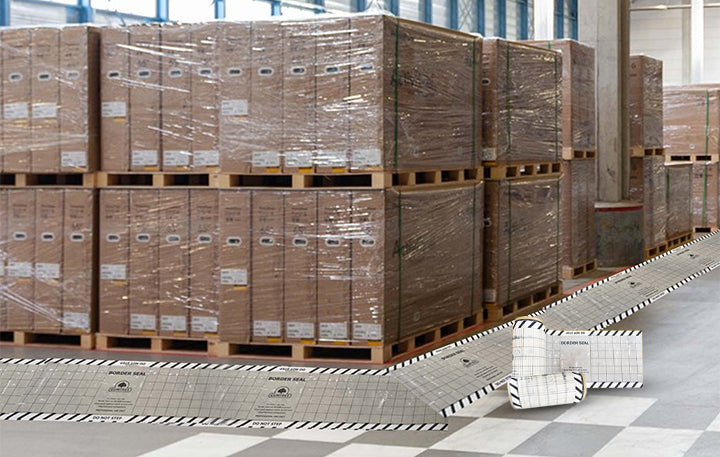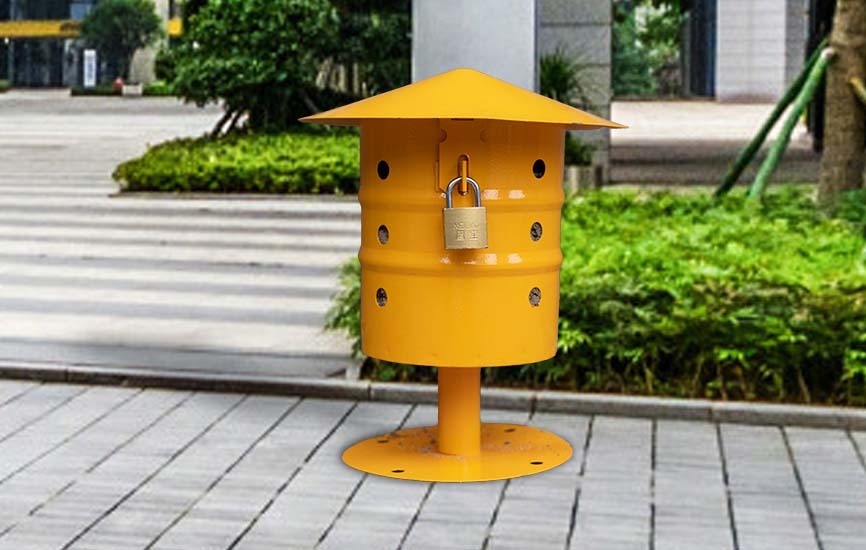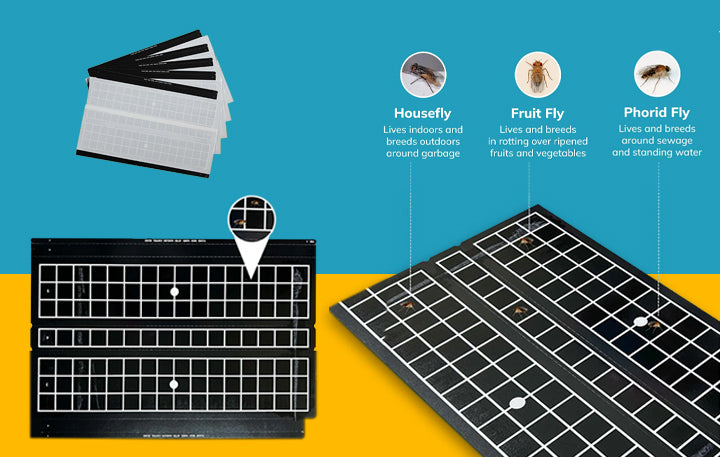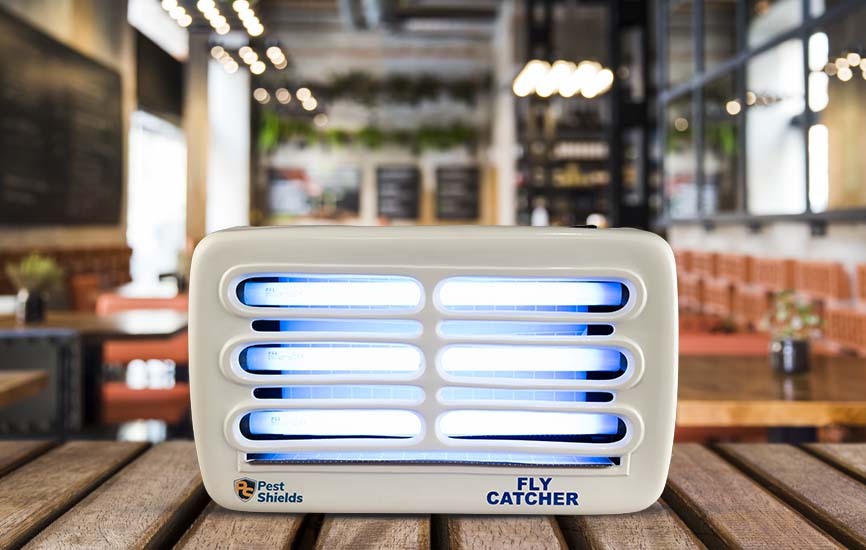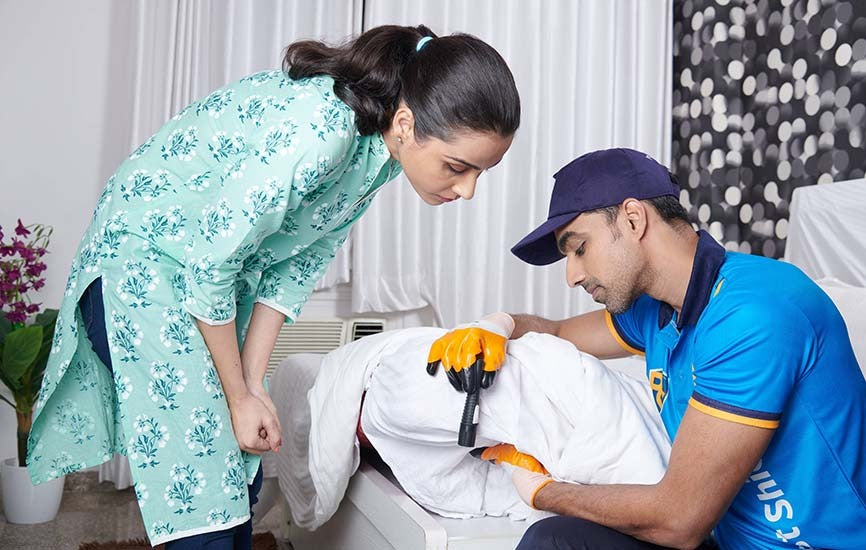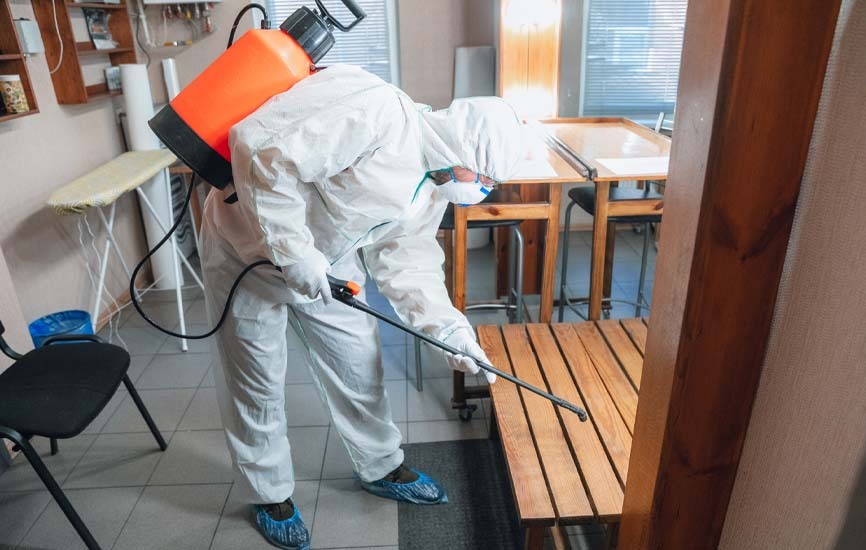The field of pest control has undergone remarkable transformations over the years, with technology playing a significant role in revolutionizing traditional pest management methods. As pests continue to adapt and evolve, so does the need for innovative solutions that are both effective and environmentally friendly. Let's get into some of the latest technology-driven trends in pest control that are shaping the way we combat infestations.
Integrated Pest Management (IPM)
Integrated Pest Management is a holistic approach that combines various strategies to manage pests effectively while minimizing their impact on the environment. It emphasizes prevention, monitoring, and control, often utilizing biological control agents, such as beneficial insects, to target pests. IPM integrates technology, data analysis, and monitoring tools to create a comprehensive solution tailored to the specific needs of each situation. We at Pest Shields, use this technology.
Smart Monitoring Systems
Advances in IoT (Internet of Things) have paved the way for smart monitoring systems that provide real-time data on pest activity. These systems use sensors, cameras, and traps to monitor pest movements and report their findings remotely. This technology allows for early detection and intervention, reducing the need for widespread pesticide use.
Precision Application Techniques
Traditional pest control methods often involve the widespread application of pesticides, which can be harmful to non-target organisms and the environment. Precision application techniques, such as drones and robotic sprayers, allow for targeted and controlled distribution of pesticides. This not only minimizes pesticide use but also increases the effectiveness of treatments.
Biological Pest Control
Biological pest control involves using natural enemies of pests, such as predators, parasites, and pathogens, to regulate pest populations. This approach is gaining popularity as it offers a more sustainable and eco-friendly alternative to chemical pesticides. Advances in biotechnology have enabled the mass production and release of these natural predators, contributing to long-term pest management.
Gene Editing and Genetic Modification
Recent advancements in gene editing technologies like CRISPR-Cas9 have the potential to revolutionize pest control. Researchers are exploring ways to genetically modify pests to reduce their reproductive capacity or make them more susceptible to natural controls. While ethical and ecological considerations are essential, this approach holds promise for precise and sustainable pest management.
Digital Data Analysis
Data-driven insights are becoming increasingly crucial in pest control. By analyzing factors such as weather patterns, pest behavior, and geographic information, experts can predict and prevent infestations more effectively. This proactive approach aids in timely interventions and reduces the reliance on reactive, broad-spectrum pesticides.
Biodegradable Pest Control Products
In response to environmental concerns, there's a growing emphasis on developing biodegradable and less toxic pest control products. Researchers are focusing on creating bio-based pesticides, which break down naturally and have a reduced impact on non-target species, soil, and water sources.
Pest control is evolving beyond traditional methods, thanks to technology-driven innovations that prioritize effectiveness, sustainability, and environmental responsibility. The aforementioned are just a few of the advancements shaping the pest control landscape. As these technologies continue to develop and integrate, the future of pest control holds great promise for minimizing the impact of pests while safeguarding our ecosystems. By staying informed about these trends and embracing technology-driven solutions, we can work towards a pest-free world that is healthier for both humans and the environment.

